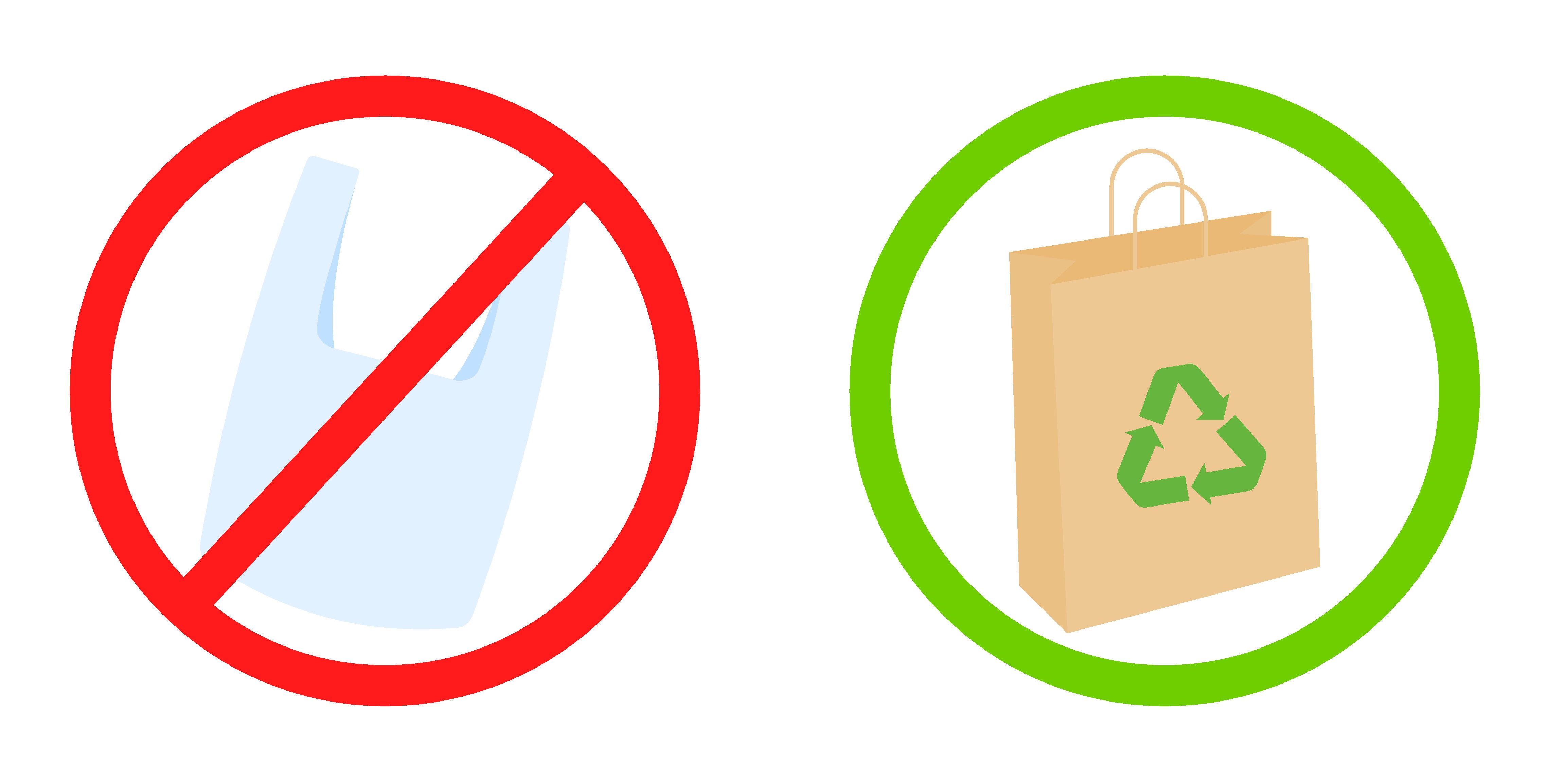Over the past decade, Australia’s states and territories have progressively banned or restricted lightweight single-use plastic shopping bags, triggering a major shift in packaging habits and opening the door for alternatives like paper bags. Below is a timeline of when each jurisdiction introduced its ban, and exactly what types of plastic bags were affected.
🔍 Timeline: Plastic Bag Bans by State/Territory
South Australia
4 May 2009 Wikipedia
Lightweight plastic shopping bags (thin film checkout bags). Heavier bags, fruit & vegetable barrier bags largely exempt. Wikipedia
Northern Territory
1 September 2011 Wikipedia
Lightweight plastic bags (handles), non-biodegradable / non-reusable shopping bags. Wikipedia
Australian Capital Territory
1 November 2011 Wikipedia
Same: checkout plastic bags, lightweight only, with some exemptions (produce/vegetable bags) Wikipedia
Tasmania
1 November 2013 Wikipedia
Lightweight plastic shopping bags (handles), non-compostable, non-biodegradable types. Wikipedia
Queensland
1 July 2018 Wikipedia
Lightweight single-use plastic shopping bags; supermarkets and major retailers could no longer supply bags thinner than the legal limit. Wikipedia
Western Australia
1 July 2018 Wikipedia
Like Queensland, lightweight plastic shopping bags banned; specifications similar (thickness limits, free bag removal) Wikipedia
Victoria
1 November 2019 Wikipedia
Lightweight plastic shopping bags with handles (thin bags) banned; degradable/biodegradable plastic types subject to regulation. Wikipedia
New South Wales (NSW)
1 June 2022 Wikipedia
Lightweight plastic bags with handles (35 microns or less) banned (other than barrier bags). EPA NSW
✅ What this meant in practice
- “Lightweight plastic bag” typically refers to thin checkout bags or shopping bags handed out free at the point of sale.
- “Barrier bags” (for produce, meat, etc.) are often excluded or regulated differently.
- Some plastic bags that are biodegradable/compostable are still subject to state-by-state rules.
🌿 Shift to Paper Bags and Rise of Delivery/Takeaway “Uber-Style” Carry Bags
Once plastic bag bans were enforced, consumers and businesses demanded alternatives. Paper carry bags — especially kraft paper, twisted or flat handles — surged in popularity for retail, takeaway food, and delivery services. Some of the key changes have been:
- Paper bags became a standard option at supermarkets, retailers, cafés, and fast food outlets.
- Delivery services (UberEats, DoorDash, etc.) and online-takeaway businesses started using paper carry bags designed to handle moisture or food packaging safely, often with folded bottoms, gussets, or taped seams.
- Many consumers prefer paper for its eco image and recyclability (assuming proper disposal), so paper bags are now part of branding for many food/delivery companies.
🛒 PBO’s Paper Bag Options
At Paper Bags Online (PBO), we’ve responded to this shift by offering a wide range of takeaway-style paper carry bags, including:
- Standard kraft twisted handle carry bags
- Flat-satchel carry bags suited for boxes or food containers
- Larger paper carry bags designed for grouped delivery or bulk orders
If you’re after the right paper bag for delivery/takeaway or customer branding, you’ll find multiple sizes, handle types, and quality options with us.
💡 Bottom Line
The plastic bag bans across Australian states have created space in the market for paper carry bags, especially for takeaway & delivery. Paper is now a practical and popular alternative — and PBO has been building a product range to meet that demand.

